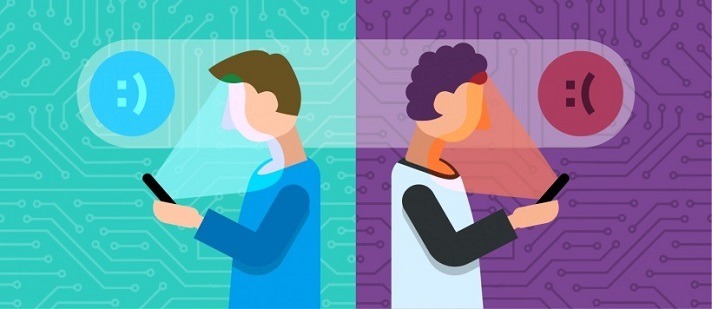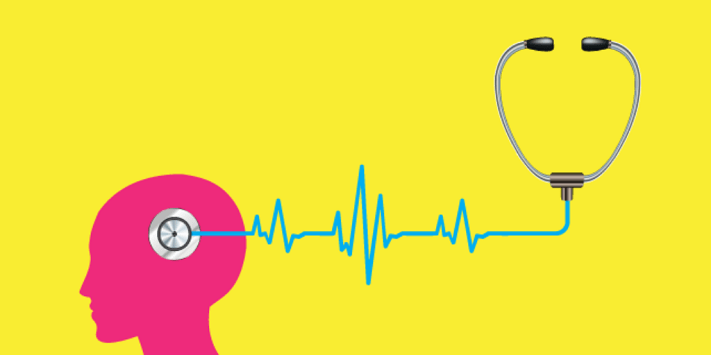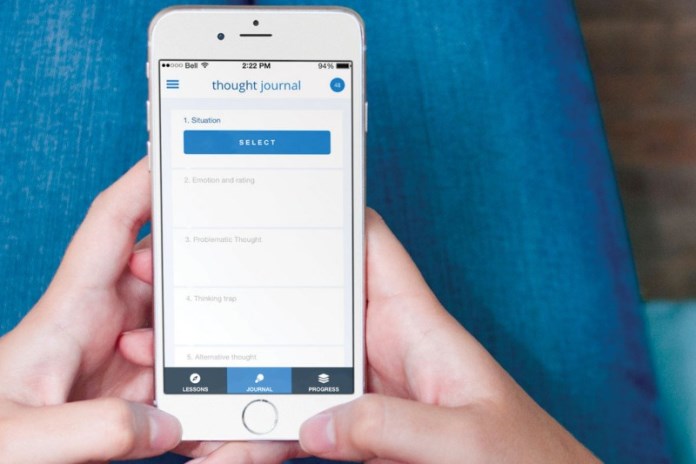Posts Tagged ‘mental health apps’
On cognitive training, muscle mass, neurostimulation, brain teasers, apps, and more
Welcome to a new edition of SharpBrains’ e‑newsletter, featuring timely brain & innovation news and a few fun teasers to test your working memory. #1. Study: Building muscle mass helps delay cognitive decline beyond the value of exercise itself “Teasing out exactly how muscle helps the brain remains a challenge. There are plenty of indirect…
Read MoreClinicians and academics should engage users when reviewing mental health apps, study finds
Study: Professional, consumer opinions differ on mental health app quality (MobiHealth News): Researchers found low agreement between professionals’ and consumers’ reviews of mental health apps. The study, published in JMIR, assessed 11 mental health apps using web surveys administered between December 2020 and April 2021. The apps assessed included Breethe, Calm, Headspace, Insight Timer Meditation,…
Read More“Digital therapeutics” vs. “Mental health apps”: A growing debate on standards, regulation and efficacy
The efficacy of Mental Health Apps (pharmaforum): In January, PLOS Digital Health published a study which claimed that there’s “sparse” data to support the efficacy of most mental health apps. In their meta-analysis of published studies, the authors found universal deficiencies and concluded that there’s no convincing evidence that app-based interventions deliver meaningful outcomes. Without…
Read MoreConsumer Reports finds unclear, questionable privacy practices and policies among popular mental health apps
Mental Health Apps Aren’t All As Private As You May Think (Consumer Reports): Type “mental health” or a condition such as anxiety or depression into an app store search bar, and you can end up scrolling through endless screens of options. As a recent Consumer Reports investigation has found, these apps take widely varied approaches…
Read MoreSurvey finds concerns AND hope to address growing mental health needs due to the covid pandemic
Digital providers come to the fore to support global mental health during pandemic (press release): Research published today shows how digital providers are coming together to support the mental health needs of millions of users unable to access traditional services during the COVID-19 pandemic.
Read MoreMobile cognitive therapies gain traction as first-line mental health intervention
Mental health apps let you access therapy from your smartphone (New Scientist): “Lie down anywhere that suits: the world is now your therapist’s couch. A wide range of apps now deliver mental-health care straight to your smartphone. With PTSD Coach, users can discreetly screen themselves and learn more about the disorder. Moodnotes keeps track of
Read More





